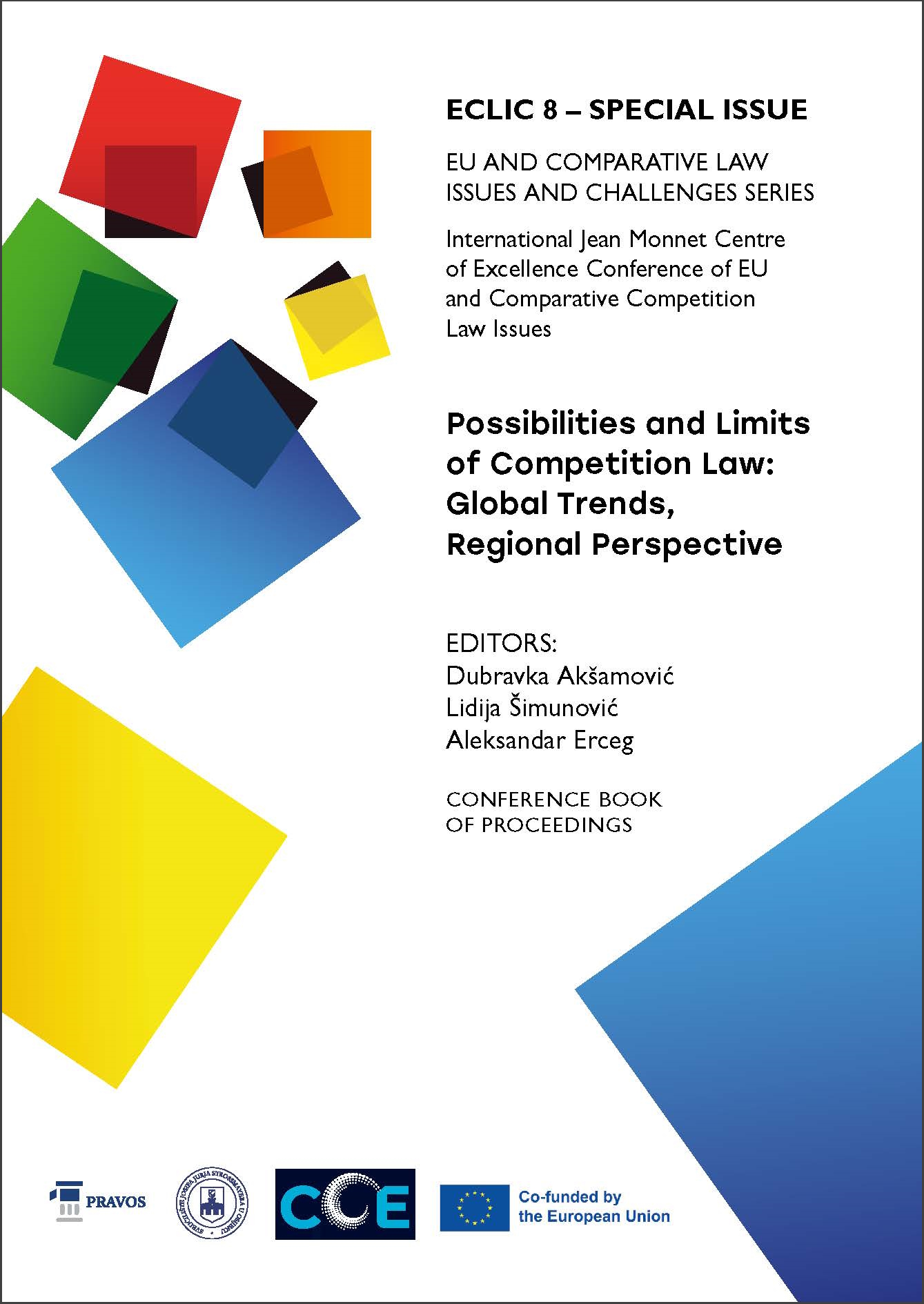COMPETITION ISSUES IN LABOUR MARKETS
DOI:
https://doi.org/10.25234/eclic/35840Abstract
Securing a well-functioning and competitive labour market is essential for economic growth and prosperity. A distorted labour market diminishes the employees’ power to bargain regarding their labour rights, including salary amount, working conditions, and social safeguards. However, the problems deriving from a non-competitive labour market go beyond workers’ labour rights and welfare, as it leads to inequality in wages, hinders innovation, and suppresses the entire economy. In this paper we will start with a brief overview of Serbian antitrust regulations and practice of the Serbian Competition Authority, with focus on matters that are relevant for labour markets, and an overview of provisions from the Serbian Labour Law that are significant from an antitrust perspective. We will explore labour related practices that could raise competition concerns, including collective bargaining, effects of mergers on the labour market, non-compete clauses, wage-fixing and no-poaching agreements. Apart from employees, whose work engagement is regulated by standard employment contracts, the paper will cover the labour market of a non-standard form of employment – digital platform workers. The digital platform economy has steadily grown and changed over the past years, through several mergers and acquisitions, and the establishment of new on-demand delivery platforms. Nevertheless, in Serbia, the status of platform workers is still unregulated, and the current forms of engagement of these workers fail to meet criteria for decent work standards, depriving the workers of a myriad of labour and social security rights. This issue has raised concerns with the Serbian Competition Authority, when conducting the sector analysis of the competition conditions in the field of digital platforms for mediating the sale and delivery of restaurant foods and other products. The paper will include, among other, findings from the mentioned analysis that are relevant for the subject topic. Finally, we will provide our view on possible solutions, either from the antitrust or labour perspective, that could be useful in securing well-functioning labour markets.
Downloads
Published
Issue
Section
License
Copyright (c) 2025 Darija Ognjenović, Iva Popović

This work is licensed under a Creative Commons Attribution-NonCommercial 4.0 International License.
Authors retain the copyright on the papers published in the Journal, but grant the right of first publication to the Journal. Papers accepted for publication or already published in ECLIC of the Faculty of Law in Osijek may be published by the author(s) in other publications only with proper notice of its previous publication in ECLIC.


